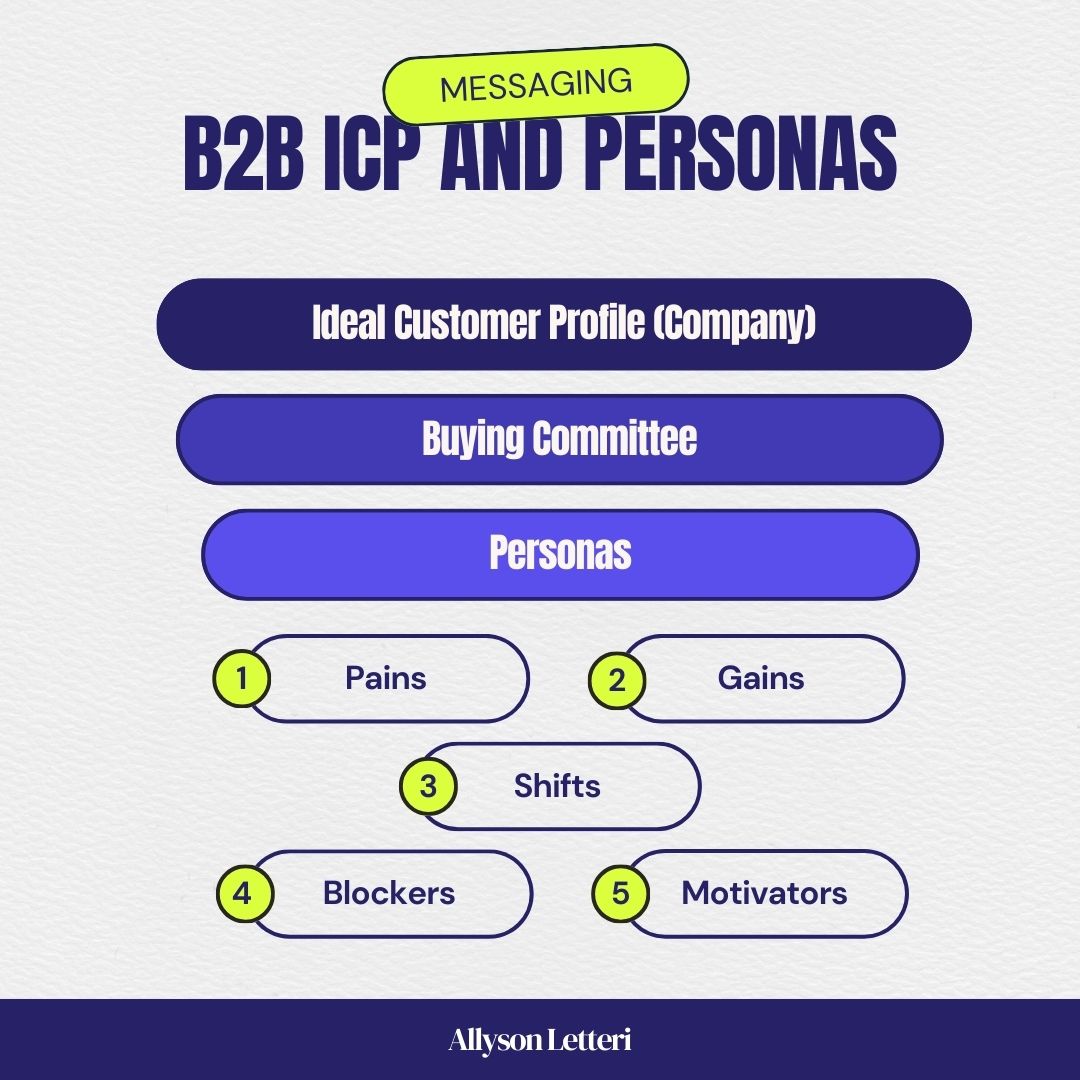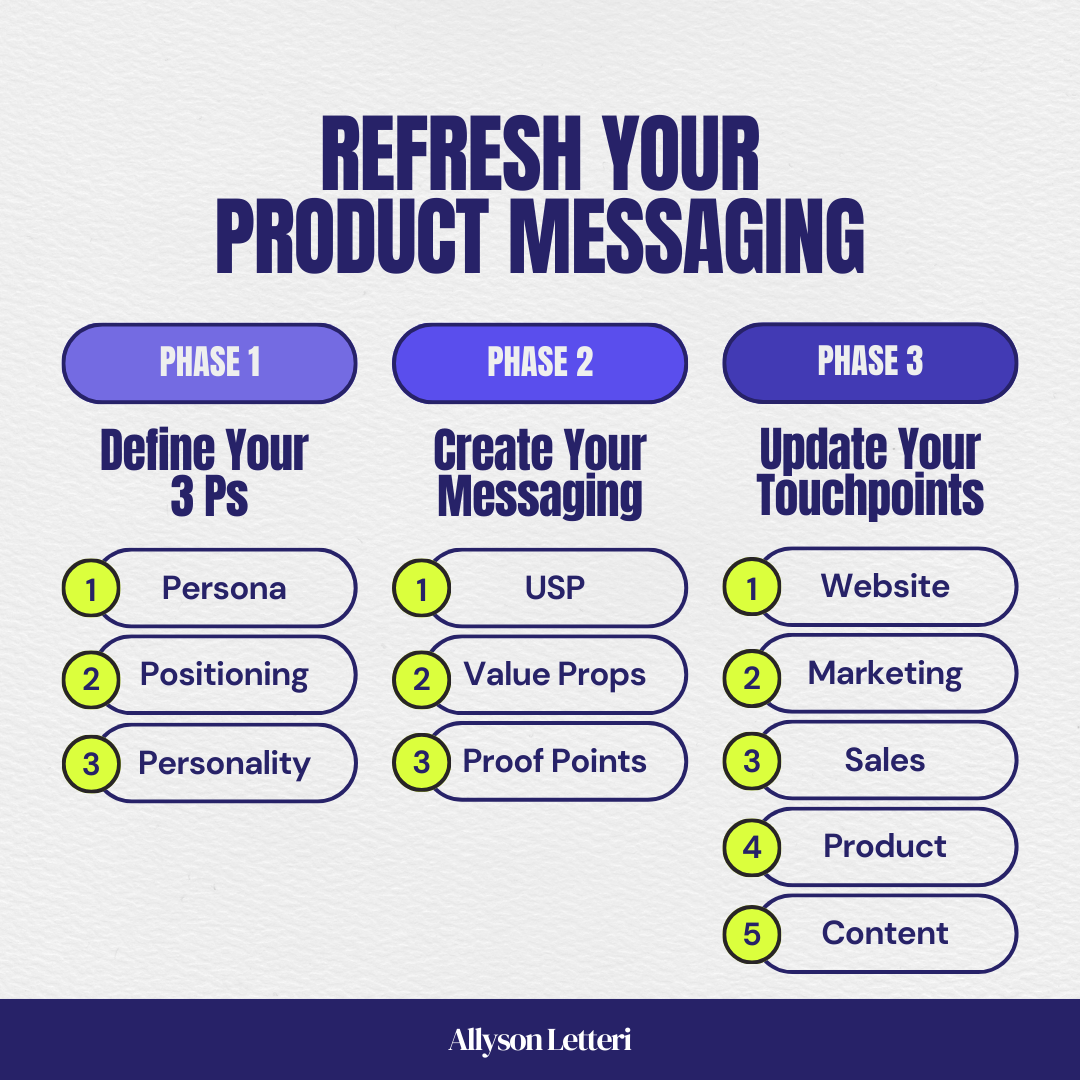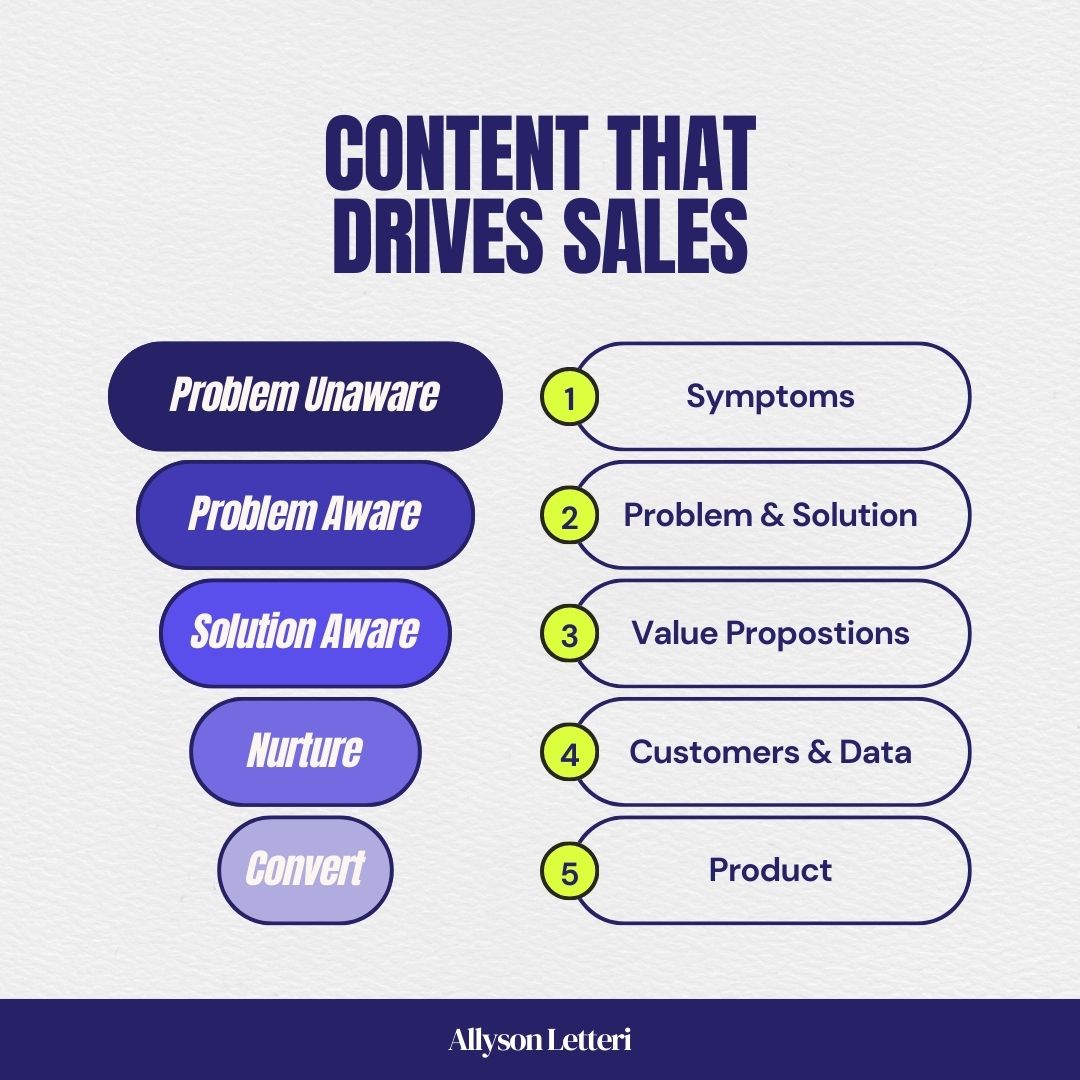It’s easy to fixate on your next promotion as the best way to grow in your role and career. But there are plenty of ways to gain new skills and experience without a promotion. At your next career discussion with your manager, talk about ways you want to grow and new skills you want to learn. Then work together to plan new projects or roles you can take on. The good news is that these projects will likely put you on the path to promotion too.
Actively think of ways to grow in your current role to get out of a rut and make you more prepared for a higher level role. Check out these five proven ways to grow in your role even without a promotion.

1. Take on a new project to grow in your role
One of the easiest ways to grow in your role is by taking on an unfamiliar project. It’s great to try something new while working for a manager who knows and trusts you and who will support your growth. You can keep doing your day job while learning something new and helping your team at the same time.
Be very intentional about what you want to learn and practice to help you and your manager select your project. Do you want the chance to manage a complex project from end to end? Do you want the chance to drive creative strategy for a new campaign? Or do you want the chance to manage a cross functional team? With a little bit of planning, your manager can likely construct the perfect project to help you learn something new.
2. Swap roles with someone else on your team
This idea is a little more extreme, but maybe it’s time for a role swap! Say you’re an email marketing manager and you’ve been wanting to learn how to manage social media channels. Your social media manager would be up for learning how to drive email strategy. With the right support and investment from your manager, you could swap roles to learn on the job.
It helps if you can signal to your manager early on that you’d like to try out this new role. The manager can consider whether there is enough of a skillset match for the new roles to swap team members. Luckily, you and the person you swap with would have a built-in expert to consult. And there’s a great safety net because all the skills your team needs are already there if you do run into a tricky situation.
You’d need to work together to decide the duration and scope of your new responsibilities. In the right situation, a role switch could be a real win-win for you and your teammate. And it helps cross-train the team and create a backup plan for vacations or if someone decides to leave the company.
3. Combine your role with another role on the team
When you get promoted, often the scope of what you own grows too . But it’s possible to take on more responsibility even before you get promoted. Sure, you’d want to make sure that a larger scoped role does not overwhelm you. But sometimes it can make sense to reconfigure the team and have your role encompass someone else’s role too.
Here’s an example. Perhaps the paid digital advertising manager, who is your peer, leaves the team. They were managing an ads agency, which gave them capacity and expertise to run your company’s ads. You are a lifecycle marketing manager and already coordinate closely with the digital ads agency. You’d love to see closer coordination between digital ad and email campaigns and you think you could manage them both.
With this in mind, talk to your manager about how to rethink team structure. Make a case for why digital ads and email strategy should sit on the same team. Your new role may require new or different resources than what you manage today. Explain how to combine these roles, why you’re a great fit, and what resources you need to make it work.

4. Take on a project on a cross functional team
This is where you can really get creative to grow in your role. Say you are a product marketing manager who wants experience defining product specifications. Your ultimate goal could be to transition to product management. Or you could just want hands-on experience, which will benefit you in your current role. Talk to the head of marketing and product about taking on actual product work to create a growth path in your role.
Sometimes your team has enough work that they can create the opportunity right away. Sometimes there needs to be a gap on the other team before you can step in and fill it. Being vocal about what you want to learn can help managers keep you in mind. And be sure to explain how your current skillset and expertise could benefit the other team. You want to calm any concerns that you won’t be qualified to take on work for the other team.
5. Apply for a new role at your company
This option may be the most extreme, but it’s a great idea if you want to really broaden your skillset. Often it’s easier to do something totally new at your current company than to apply externally for that role. Your skills are already known and trusted so your company may be willing to hire you try something new. In many situations, companies are eager to invest in the professional development of their team members. If taking a leap to a whole new role is a way you want to grow, then start your search at your current company.
It can be a real game changer for your career when you’re hired for a totally new role that would be difficult to get at another company. For instance, let’s say you’ve been an integrated marketing manager, working on acquisition campaigns to attract new customers. But you’ve always wanted to learn sales and know the best way to do this is to become a sales rep for your company. Actively work with your manager and head of sales to see if this could be a fit. You’ll be a great fit for the role with some coaching or after taking on another project to prepare.
How to grow in your role even before you get promoted
When you think about ways to grow in your role, explore a range of ways to gain new skills. These five paths can help unlock your path to promotion. At a minimum, taking on a new role may help you feel more engaged in your current job. And sometimes a growth experience can unlock a totally new career trajectory for you.
The key is to think ahead and be vocal about your learning goals to your manager. With a little bit of pre-planning, any of these new opportunities could be possible for you right now.





